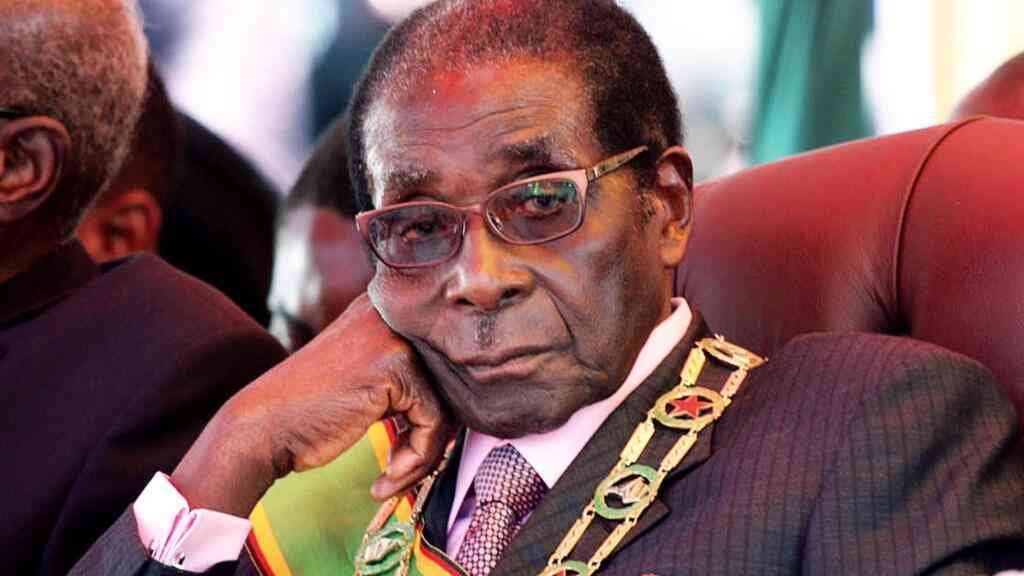
Leonard Makombe
DAVID Whitehead Textiles Ltd (DWTL) majority shareholder Andrew Toendepi and newly appointed judicial manager Winseley Militala have clashed over the valuation of the company at US$12 million and how to proceed to save the textile firm.
Malitala of Petwin Executor and Trust, who was appointed in December last year, becoming the second judicial manager of DWTL in two years, has accused Toendepi of declining to release records necessary for a due diligence of the company.
Toendepi is also the chief executive officer (CEO) of DWTL. In a report to be presented to creditors on Tuesday, Militala claimed that Toendepi and one of the directors of DWTL were clinging on to records and documents necessary for the takeover of the company as requested at a meeting in Harare on December 16 last year.
“Records were not readily available; they claimed they needed more time to source the documents and visit Chegutu premises,” said Militala in the report. “This was in complete contradiction to what they told us at (an earlier) Chegutu meeting. We had been advised that all documents were kept at the head office (in Harare).”
Militala said despite a handover of assets and an inventory of the assets on December 23, no financial books were made available.
- Chamisa under fire over US$120K donation
- Mavhunga puts DeMbare into Chibuku quarterfinals
- Pension funds bet on Cabora Bassa oilfields
- Councils defy govt fire tender directive
Keep Reading
“It appears that more time has been spent by the CEO and the FD (finance director) with their lawyers in continually putting hurdles in the way of the provisional judicial manager in a bid to frustrate him (the judicial manager) from fully complying with his statutory obligations to take control and management of the companies, ascertain their financial and operating situation and render a proper and meaningful report to, importantly, the creditors,” the report said.
Toendepi’s lawyer, Charles Nhemwa of C Nhemwa & Associates, dismissed the allegations saying the judicial manager had erred in his contact with his client.
“The CEO and the FD are employees of the company and it is up to the judicial manager to tell them how they are supposed to work and if they do not report to work, the judicial manager can discipline them,” said Nhemwa. “The problem is he (the judicial manager) wants to have his cake and eat it. He cannot simply come and take the office keys and lock out the CEO and the FD.”
Militala also bemoaned the US$12 million bond of security required by the Master of the High Court saying it was too much for a company that had ceased operations and stripped of assets.
“The Master (of the High Court) insisted on a valuation of the company as given to him by the lawyers C Nhemwa & Associates, lawyers representing the CEO and FD,” said Militala.
Scanlen & Holderness, the lawyers representing DWTL employees, who caused the placement of the company under a judicial manager, said the US$12 million was not a realistic reflection of the company’s total asset value.
“We are shocked to hear that the ‘purported’ majority shareholder has valued the assets of the company at US$12 million as per the letter of C Nhemwa & Associates,” wrote the lawyers in a letter to the Master of the High Court on December 12 last year. “It is even more shocking to hear that you have accepted the valuation and requested (Mr) Militala to provide bond of security in that same.”
The lawyers said the value of the assets was grossly overestimated.
“We wonder whether there is an audit report confirming the value given,” said the lawyers.
Nhemwa, however, said the US$12 million was the true value of the assets as “this is the biggest textile company in the country with over 200 residential properties in various towns and heavy machinery”.











